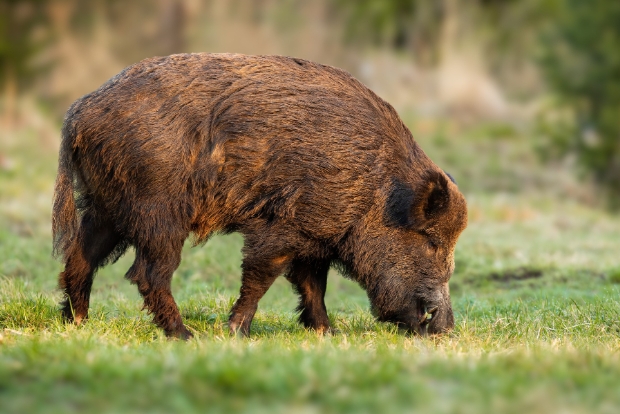Wild boars are omnivorous animals that have varied culinary preferences in their diet. By studying their food habits, researchers have uncovered some interesting insights into what these creatures like to eat in their natural habitats.
Diverse diet
Wild boars are known to have a diverse diet, consuming a wide range of foods including roots, fruits, nuts, and insects. They are opportunistic feeders, scavenging for whatever food is available in their environment.
Preference for vegetation
Despite their ability to eat a diverse range of foods, wild boars have a preference for vegetation. They are often seen digging up roots, tubers, and plants from the ground to satisfy their hunger. This plant-heavy diet helps them meet their nutritional needs in the wild.
Insectivorous tendencies
In addition to vegetation, wild boars also display insectivorous tendencies, actively seeking out insects and small invertebrates as part of their diet. These small creatures provide a good source of protein and nutrients for the boars.
Scavenging behavior
When food sources are scarce, wild boars resort to scavenging for food. They are known to raid crops, dig through garbage, and even prey on small animals in order to survive. This scavenging behavior allows them to adapt to changing environments and find sustenance when needed.
Impact on ecosystems
Due to their diverse diet and scavenging behavior, wild boars can have a significant impact on ecosystems. They are considered pests in many regions due to their destruction of crops and habitats. In some areas, efforts are made to control wild boar populations in order to protect native plants and animals.
Overall, studying the culinary preferences of wild boars provides valuable insights into their behavior and ecology. By understanding what these animals like to eat, researchers can better manage their populations and mitigate any negative impacts they may have on the environment.

